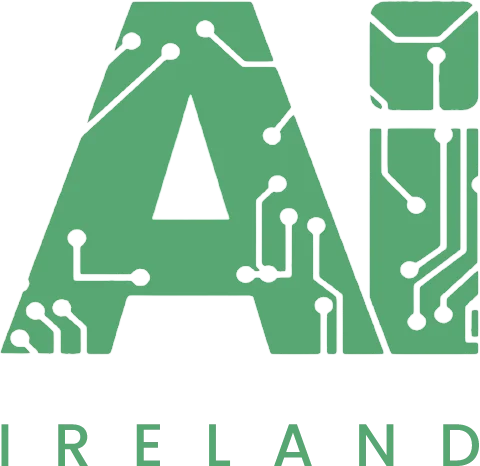Palash Shinde

Nominated Award: Best Application of AI In a Student Project
Linkedin of Person: https://www.linkedin.com/in/palash-shinde/
I completed my bachelor’s in Engineering which helped me to gain skills in a problem-solving and a creative approach to tackle issues at hand. I am personally a big believer in social good which motivated me to volunteer for an NGO, wherein I taught mathematics to underprivileged students.
Post my graduation, I worked as a Machine learning engineer in Konverge.ai on a project wherein I picked up skills and interest in Computer Vision and also helped deliver a project, which allows pathologist s to automatically detect disease-carrying pathogens in patients samples and potentially saving lives in the process. After my role as a machine learning engineer and getting Industry exposure of working on projects using AI, I started my masters and came across a documentary of ever-increasing Mari ne Debris in Ocean and decided to pursue that as my master’s research on how we can use technology and more specifically AI to help eradicate this issue.
Reason for Nomination:
The main goal of my research is to show how we can improve the existing state of the ART AI architecture and propose an alternate solution that eventually will help detect marine debris precisely in an automated fashion. This work has the potential to help government bodies and scale their existing solution to eradicate marine debris from the ocean. I undertook extensive research & experimentation in terms of the limitations of existing AI-based state-of-the-art architecture are integrated into autonomous submerged vehicles for performing segmentation/detection of debris in oceans. In addition to this, I also researched the limitations of these architectures and what could be a novel approach for enhancing the current architectures detecting debris more precisely. Post experimentation I finalized to perform the task in hand with Capsule network-based AI architecture for segmenting/detecting the debris in Ocean bases. The capsule-based segmentation architecture helps target the limitations of state-of-the-art technique s in terms of the complexity of the network and hardware limitations associated with performing training of the network. Overall, using the novel technique of the Capsule network for segmentation/detecting marine debris has the potential to help government bodies detect debris quickly with more precision which eventually helps them in removing this extra waste from Ocean bodies and thus preventing flora, fauna, and climate from getting polluted.
Additional Information:
My research paper can be accessed here:
https://drive.google.com/file/d/1DgmAVd7fwV1sxjmYI2sxrFBIab1TgZZU/view?usp=sharing
